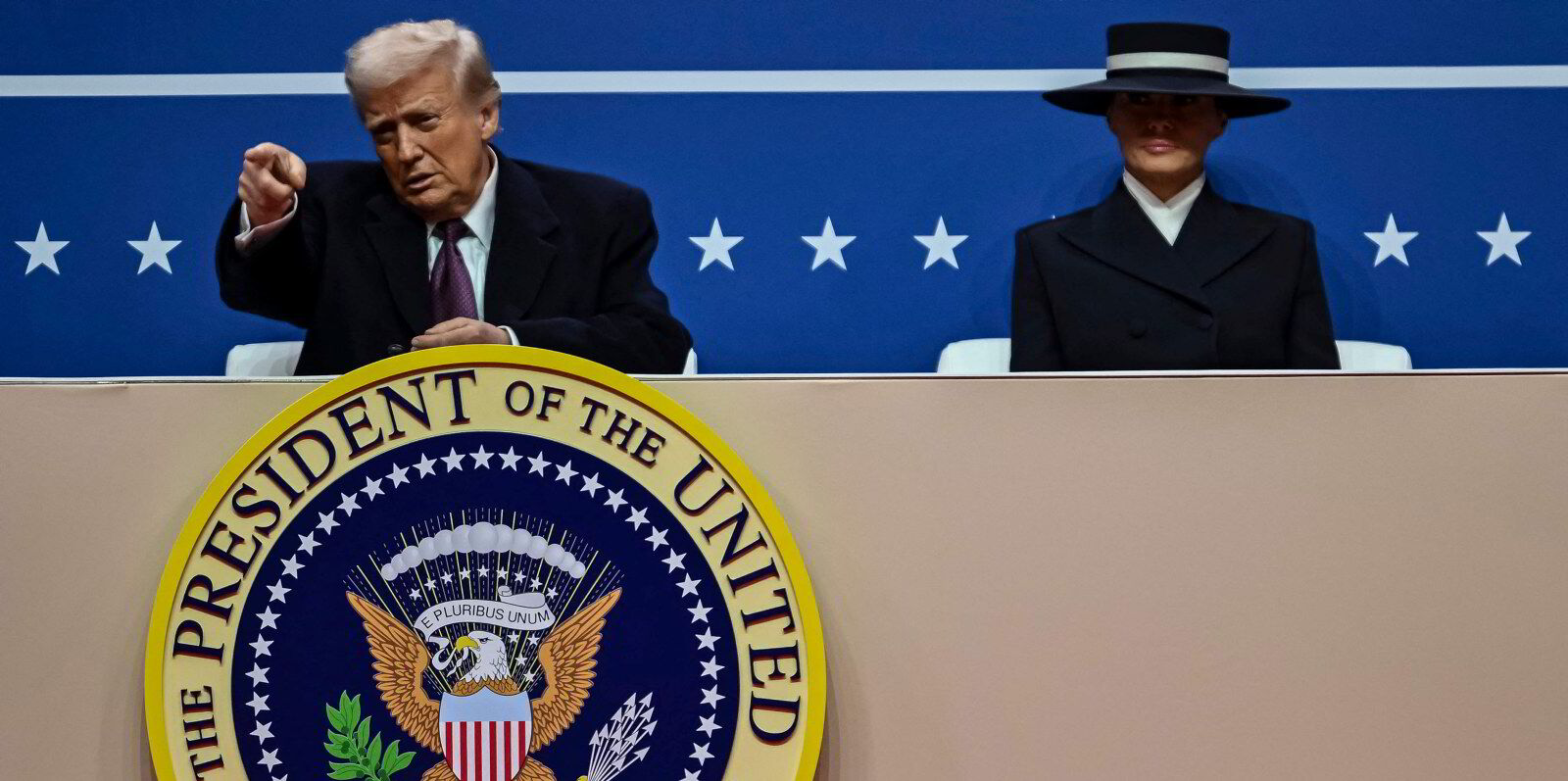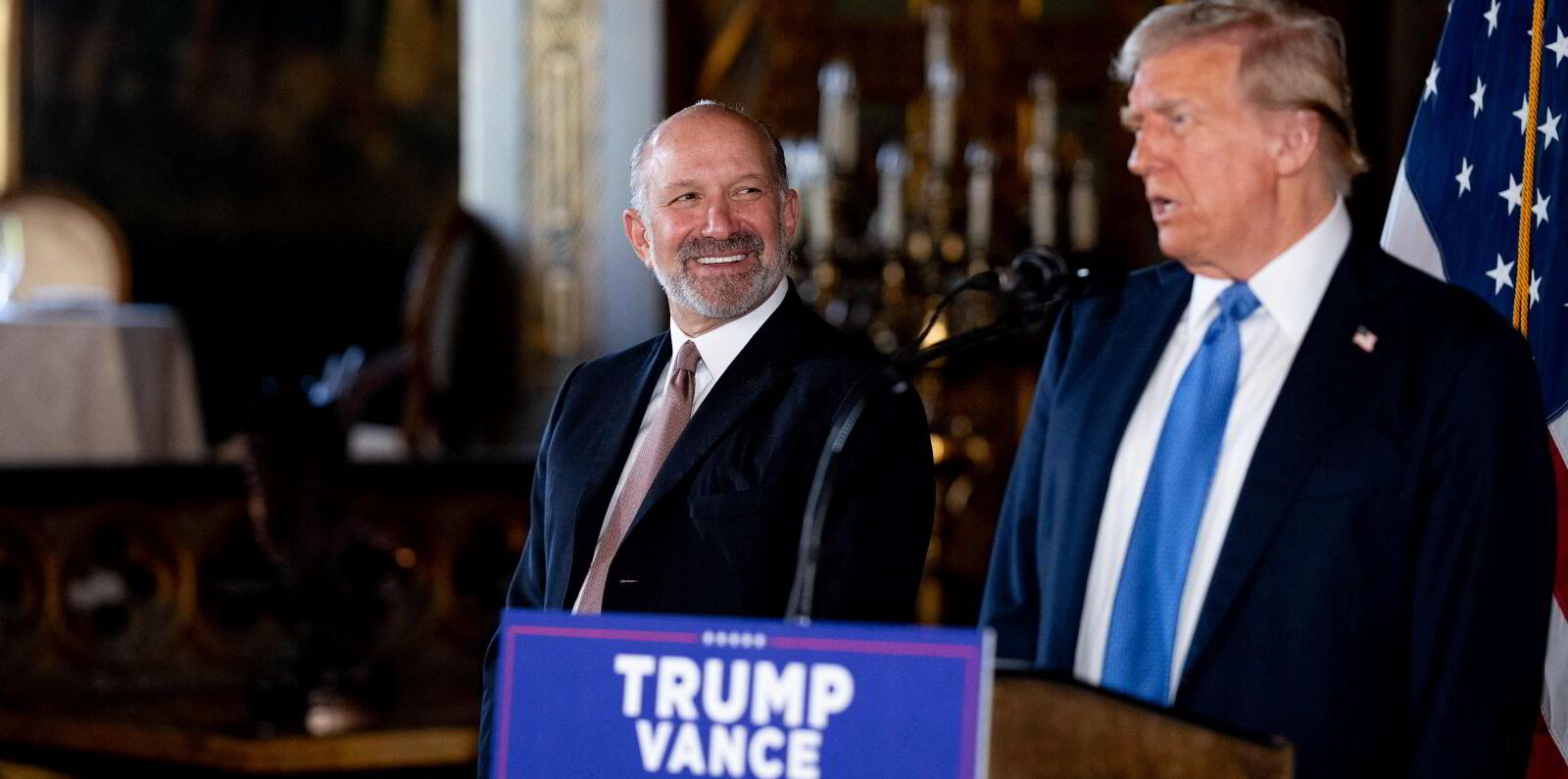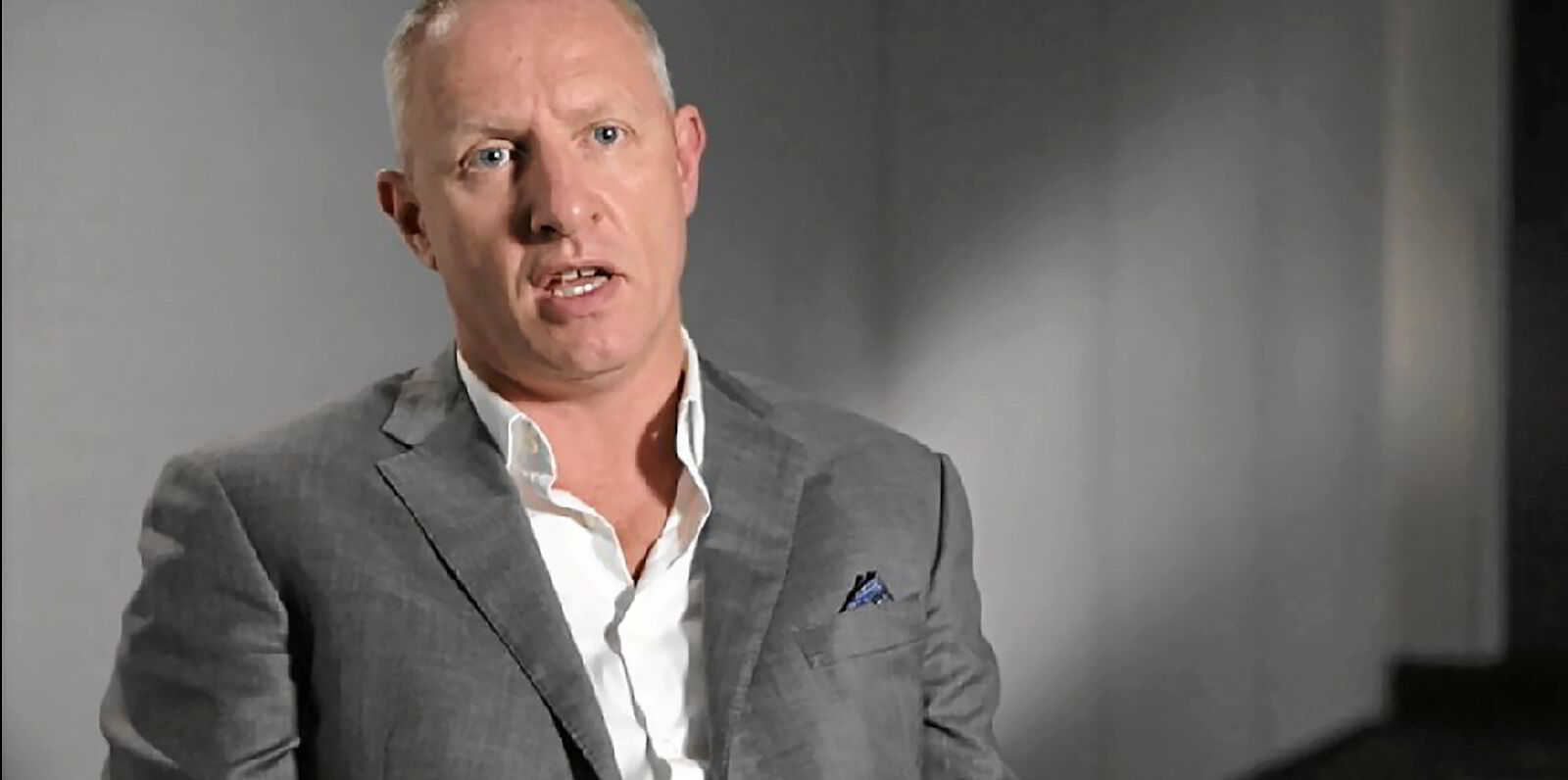US President Donald Trump has ordered federal officials to carry out reviews that could result in potential tariffs across the country’s trade relationships.
But the new US leader stopped short of the shipping world’s worst fear: immediate tariffs ordered on Day One.
Trump’s first-day orders called on the commerce secretary to investigate America’s trade deficit and consider an across-the-board tariff.
That task is poised to fall to Howard Lutnick, the chief executive of financial firms Cantor Fitzgerald and BGC Group, who is awaiting Senate approval for his appointment as US commerce secretary. A vote has not been scheduled, but he is expected to be approved.
“[He] shall investigate the causes of our country’s large and persistent annual trade deficits in goods, as well as the economic and national security implications and risks resulting from such deficits, and recommend appropriate measures, such as a global supplemental tariff or other policies, to remedy such deficits,” Trump wrote.
Trump’s order seeking an “America-first trade policy” calls on Lutnick to work with the treasury secretary, who is likely to be hedge fund billionaire Scott Bessent, and the US trade representative, poised to be lawyer Jamieson Greer.
“Americans benefit from and deserve an America First trade policy,” Trump said in the order.
“Therefore, I am establishing a robust and reinvigorated trade policy that promotes investment and productivity, enhances our nation’s industrial and technological advantages, defends our economic and national security, and — above all — benefits American workers, manufacturers, farmers, ranchers, entrepreneurs and businesses.”
During the campaign, Lutnick’s own rhetoric on tariffs was more nuanced than Trump’s. He expressed a preference that targeted tariffs could be used as a negotiating tool to reduce trade barriers for US exports.
Meanwhile, the president ordered the treasury secretary to lead an investigation into how to create an External Revenue Service to collect tariff revenue. Such revenue is currently collected by Customs and Border Protection, which is under the Department of Homeland Security.
Bessent, if confirmed by the Senate, would work with the secretary of that department and with the commerce secretary.
Trump also ordered the US trade representative to review “any unfair trade practices” by other countries and to review existing trade agreements.
Greer, if confirmed, will be responsible for reviewing the US trade agreement with China and considering tariffs, in addition to investigating “unreasonable or discriminatory” practices by Beijing.(Copyright)





